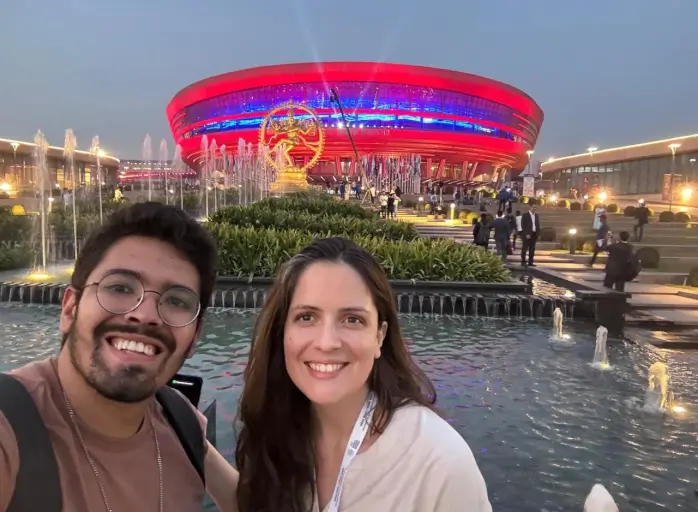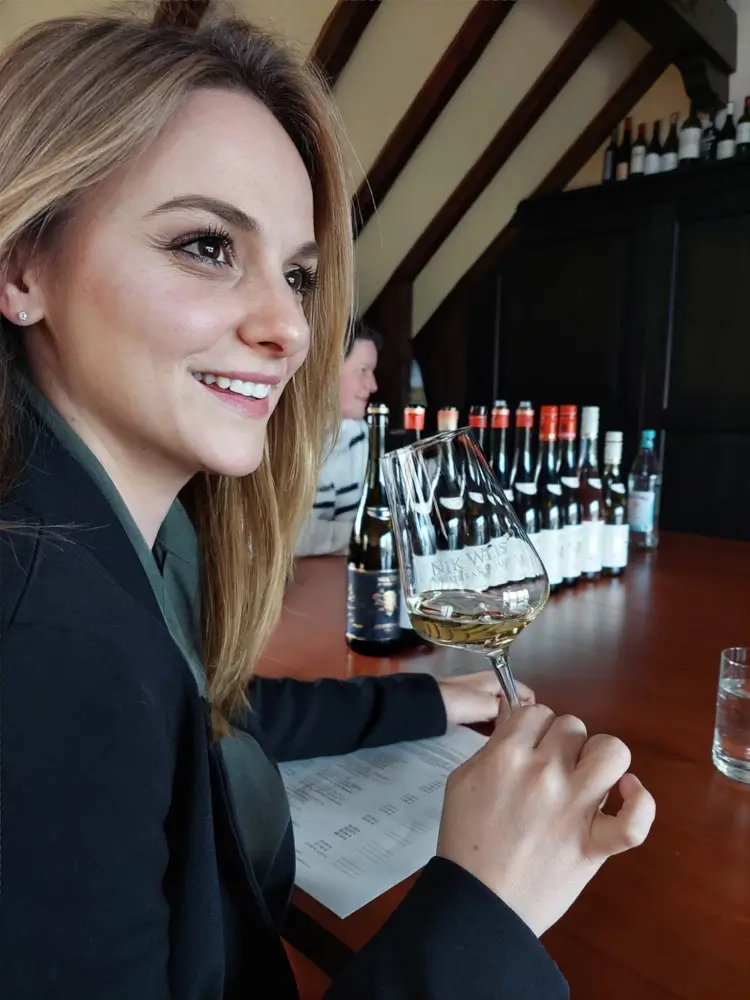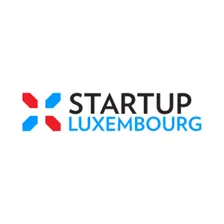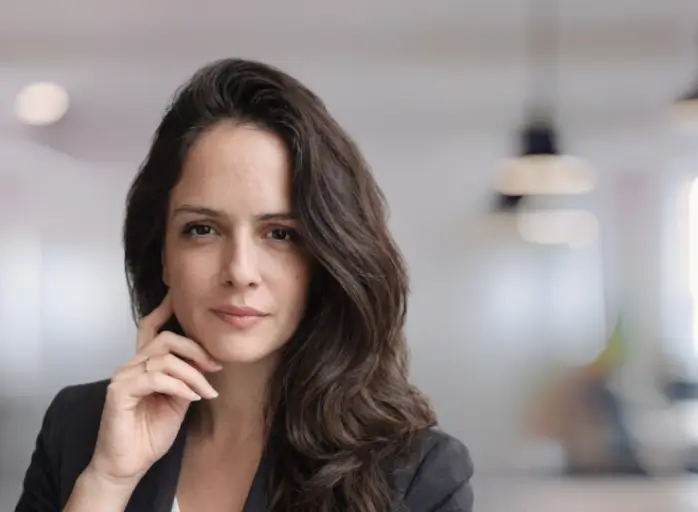

Transforming the wine industry with passion and technology: Fabienne Stanitz
Fabienne Stanitz is the visionary founder of FabstWines, an online platform changing the game in the wine industry by connecting winemakers with the right consumers.
 Startup Luxembourg
Startup Luxembourg
The alumna of the 14th edition of the Fit 4 Start acceleration programme leverages over a decade of experience in the hospitality industry to bridge the gap between winemakers and consumers. Her mission is to simplify the wine selection process and empower winemakers to thrive in an increasingly digital environment.
How did your entrepreneurship journey begin?
FS: At the beginning, I wanted to find something I'm passionate about, and for me, that would be food and beverages, restaurants, the luxury industry and fine dining. However, as a consumer, and in my experience working with guests in the restaurants or creating wine lists, I discovered it was always very challenging to find the right wine. Consumers didn't really understand which wine they wanted to drink and often settled for the same ones or those that are heavily branded. People have this same experience in the supermarkets. It started out as an idea: how can I simplify the process to easily identify which wine I or my friends want to drink? So I embarked on a journey to find a way.
We also found that winemakers struggle to find the right consumers. On the one hand, we are helping the market match the right consumer tastes with the right bottle of wine. Subconscious learning is behind the concept of Fabstwines, allowing the consumer to subconsciously drink wine more consciously. Meaning, when you sip a glass of wine, you actively think about it. Why you like it or why you don't like it. On the other hand, our mission is to help winemakers become more profitable and reduce waste.
How did you start thinking about leveraging technology to make that connection between these two groups?
FS: There's some kind of technology everywhere nowadays. In the wine industry, it slowly started with having websites. About five to 10 years ago, not many wineries had a website or an online store. If you look today, more and more winemakers actually have their own website, they have an online shop where you can order the wines directly on their platform. It is easier to come across the perfect wine on your phone, and with one click you see the history behind the winery or evaluate your preferred taste in wine. Technology makes it simpler.
What are some of the factors that have helped you get to the point that you are today as a female entrepreneur?
FS: I think everyone, regardless of gender, struggles in the beginning to start a company, especially a tech company. We are still in the early stages and have had some success but now is the time for us to find the right way to grow the platform.
Sometimes launching a platform before it's completely ready, is better than waiting. Because this way you can find early mistakes, introduce new features based on the market feedback and that's how you learn. If you develop something internally or spend time discussing to make it better, it doesn't mean that the consumers will actually like it. So what we did was to launch our platform really early. This way, we can quickly see which features work, which features don't, and where the bugs are so we can fix them rapidly. We can listen to our consumers to
understand what they want on the platform and what they don't. Experimenting in the beginning and not being afraid of getting bad feedback is important. Because if you only get good feedback, it doesn't bring you anywhere. You have to receive the bad feedback to learn and pivot in the right direction.
Are there specific skills or attributes that are particularly important for women founders?
FS: Show yourself and the world that you are capable of executing. It is mainly about execution, discipline, persistence, and leadership, because the most important thing is not only having a good idea but executing it and having the right team behind it. Also, it's about the personality, which I think is the most important factor in determining whether you succeed or not. Would I say there's anything special in being female entrepreneur? It's definitely not easy. You may have to prove yourself more than males in the same industry. But honestly, I think that's where the strength of your personality and character can make a difference.
What resources or networks have been effective in supporting your company’s growth? FS: The Luxembourg City Incubator has supported me since day one and also Luxinnovation and the Chamber of Commerce. We are part of the EEN Can Help initiative, which truly helps us execute our go-to-market strategy and is very supportive in the early stages of our startup. At the moment, we mostly have the support of the wine industry, especially the winemakers around the Moselle Valley. It's because of them my platform lives and grows. Most of them are early adopters of FabstWines and they're actually using my platform and helping me to grow it. I took myself a little bit away from the startup ecosystem and focused completely on my customers. Today, you’ll mostly find me around the Moselle in the wineries, talking to the winemakers to enhance the platform and create new features.
Do you have any role models who influenced your journey as founder and CEO?
FS: Kamran Elahian is an incredible entrepreneur who truly inspires me. Meeting him has been transformative. As the founder of several unicorns, he has also experienced failure with other projects, demonstrating resilience, strength, and a remarkable mindset. His open-minded approach to embracing new ideas and adapting to change is invaluable. He is continually evolving with the times, and when I think about what it means to be an entrepreneur, he’s the person who comes to mind.
What advice would you give to women considering starting their own businesses in Luxembourg or Europe?
FS: Honestly, it's all about execution, learning as early as possible, and not being afraid of pivoting and changing direction. The earlier you launch an idea or an MVP, the faster you grow in the right direction. That's the most important thing I've learned. Also, taking bad feedback as the most positive feedback because that's the only way you grow. Being honest is likewise crucial. I often tell my clients that we are not where we want to be. Because if you're honest with your clients or consumers, they know what they are facing and are less likely to get frustrated.


